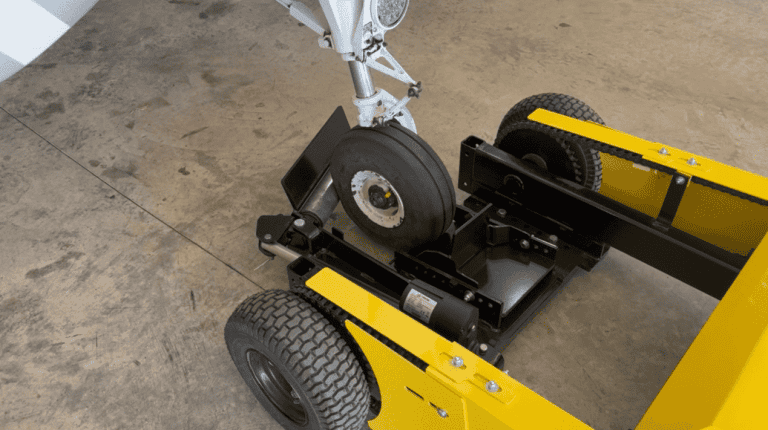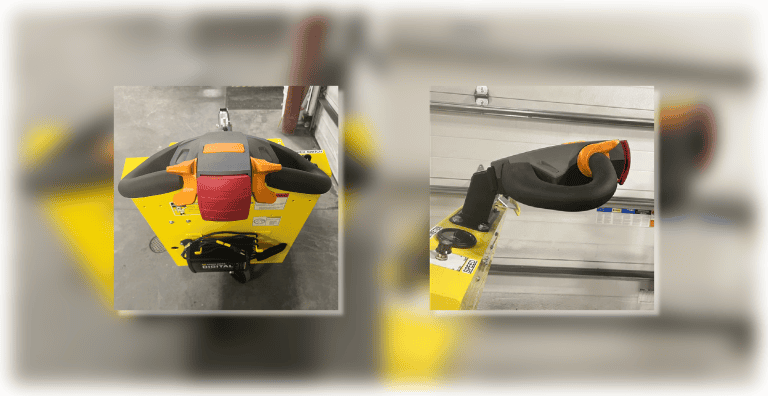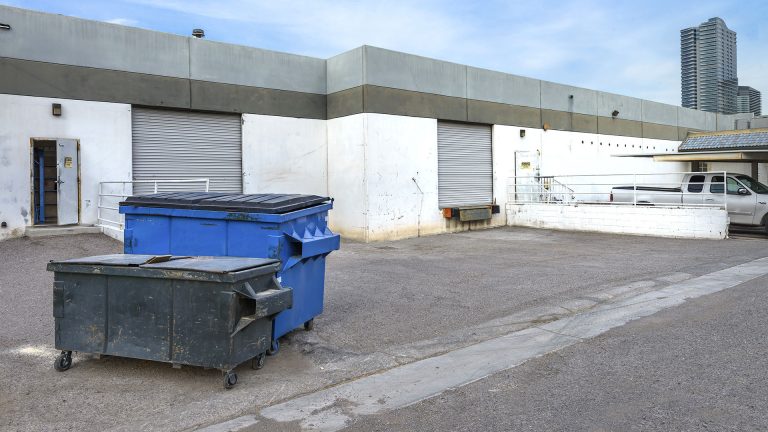The plight of the American automobile industry should serve as a cautionary tale for all U.S. manufacturers and businesses. To survive in today’s global marketplace, you must be flexible, embrace change, and constantly re-shape your business to meet future trends. Survival is as much about preparing your business for the future as it is about being competitive today.
Detroit’s problems are complex and have been exacerbated by a 15% sales drop as the economy has worsened, but at their core is the failure of U.S. auto executives to acknowledge the trend toward more fuel-efficient cars and to innovate. Rather than meeting the challenge posed by rising well-made, fuel-efficient Asian competition, Detroit continued business as usual, putting its efforts into advertising and Congressional lobbying to support bigger, better, fuel-guzzling cars. And until the rising cost of gas bit us in the wallet, the American public played along.
The sad thing is that back in 2000 Detroit did flirt with a program to push fuel-efficient vehicles but abandoned the effort as too expensive and unnecessary. It makes you wonder if the auto industry would be in cardiac arrest today if industry leaders had had the foresight to imagine the future and the courage to make the hard decisions necessary to prepare for it.
In the material handling industry, DJ Products faced this dilemma successfully. With the vision to spot new trends and the flexibility to act, DJ Products was one of the early responders to need for ergonomic material handling equipment. Well before the high price of repetitive stress injuries became a national cause, DJ Products saw a need to design material handling equipment that would reduce the potential for musculoskeletal injuries and improve the health and safety of workers.
DJ Products manufactures ergonomically-designed motorized carts and powered cart, equipment and vehicle movers that eliminate the pain and strain of manually pushing and pulling heavy carts and wheeled equipment. Our products are less costly, smaller, more maneuverable and more versatile than traditional material handling equipment used to move carts and equipment, such as forklift trucks, walkies and riding tugs. Forward-thinking business owners are revitalizing their operations and positioning themselves for the future by turning to ergonomic equipment to meet their material handling needs.
With an Obama administration expected to increase ergonomic standards and requirements in the next year, a proactive approach toward worker health and safety is a smart business move. And it’s a decision that will have a positive impact on your bottom line. The cost of most ergonomic equipment purchases are recouped in the first year in savings on medical costs, insurance, workers’ compensation and lost work days. A move to ergonomic equipment also provides a substantial benefit in improved worker morale and increased productivity.
To find out how ergonomically-designed material handling equipment can help prepare your business to meet the challenges of the future, contact the ergonomic experts at DJ Products.


